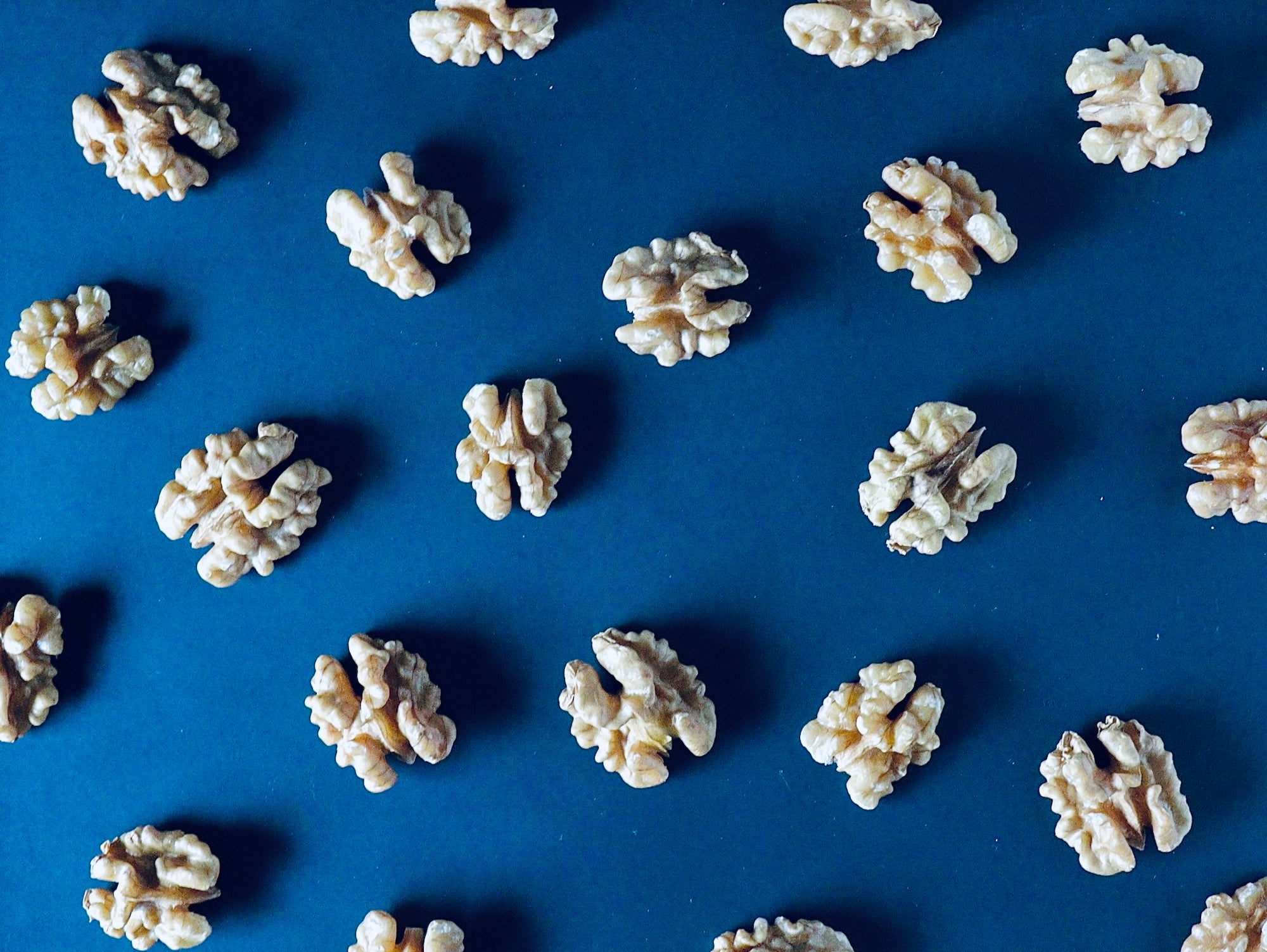Understanding Actives in Nutrition
This is quite a specific area of nutrition, but that’s what makes it so important, so hear me out.
Let’s first sum this up in its simplest terms.
It is not the foods we eat that support the various bodily functions and promote overall wellbeing; it is the bioactive compounds or “actives” found in these foods. Here’s a popular example: in Lion's Mane, it is the active compounds erinacines and hericenones that stimulate nerve growth factor, one of the core benefits of the Lion's mane mushroom.
So, yeah, if you’re taking your health seriously, actives are an important thing to get your head around.
What are Actives?
Actives are bioactive compounds found in food and supplements that have specific physiological effects on whole body health. They go beyond providing basic nutrition by targeting specific health benefits. Actives can be grouped into several types, each with unique roles in enhancing whole body health and wellbeing.
Types of Actives in Nutrition
- Vitamins: Essential organic compounds that our bodies need in small amounts for various metabolic processes. Vitamins play crucial roles in energy production, immune function, and maintaining healthy skin, among other functions.
- Minerals: Inorganic elements that are essential for various bodily functions, including bone health, muscle function, and nerve transmission.
- Phytonutrients (Phytochemicals): Natural compounds found in plants that have antioxidant, anti-inflammatory, and other health-promoting properties. Phytonutrients are responsible for the vibrant colors in fruits and vegetables and offer numerous health benefits beyond basic nutrition.
- Probiotics and Prebiotics: Probiotics are live beneficial bacteria that support gut health and aid digestion. Prebiotics are non-digestible fibers that serve as food for probiotics and help maintain a healthy gut environment.
- Fatty Acids: Essential fats that our bodies cannot produce on their own but are necessary for brain function, heart health, and reducing inflammation.
- Amino Acids: Amino acids are the building blocks of proteins and play critical roles in muscle building, hormone regulation, and immune function. Some amino acids are classified as essential because the body cannot produce them and must obtain them from food.
- Herbal Extracts: Concentrated forms of beneficial compounds extracted from plants known for their medicinal properties. Herbal extracts are used for various health purposes, from improving immune function to supporting cardiovascular health.
Examples of Actives in Nutrition
- Vitamins: Vitamin C (ascorbic acid) found in citrus fruits like oranges and strawberries.
- Minerals: Magnesium (magnesium citrate) abundant in foods like spinach and almonds.
- Phytonutrients (Phytochemicals): Anthocyanins from Haskap berries contribute to heart health and cognitive function.
- Probiotics: Probiotics such as Lactobacillus acidophilus found in yogurt and fermented foods.
- Prebiotics: Chia seeds, high in soluble fiber, help regulate cholesterol levels and promote digestive health.
- Fatty Acids: Omega-3 fatty acids (EPA and DHA) found in fatty fish like salmon and algae.
- Amino Acids: Tryptophan found in poultry and dairy, essential for serotonin production.
- Herbal Extracts: Matcha green tea rich in catechins and EGCG, potent antioxidants.
The problem? Actives are often overlooked
Studies show that whole body health needs more than just vitamins and minerals, it needs a diverse set of bioactive compounds. This is becoming increasingly hard to obtain through a modern diet due to depleting soil health and increasingly processed food. To make things worse, despite the significant benefits of each type of active, most nutritional supplements overlook the full spectrum of actives focusing predominantly on vitamins and minerals - or they only include whole powders (dried and ground plants) without any guarantee of the actives present.
Conclusion
The best thing you can always do is get a diverse set of bioactive compounds from whole foods, you know, plants. But… for the reasons stated earlier, foundational nutrition has become essential in the modern diet. So, when shopping around, be sure to prioritise actives.
In supplements, some ingredients are whole powders, which ensure you get the full range and natural balance of compounds, and others are extracts with actives targeting specific benefits. Both have their place and like everything, balance is best.






